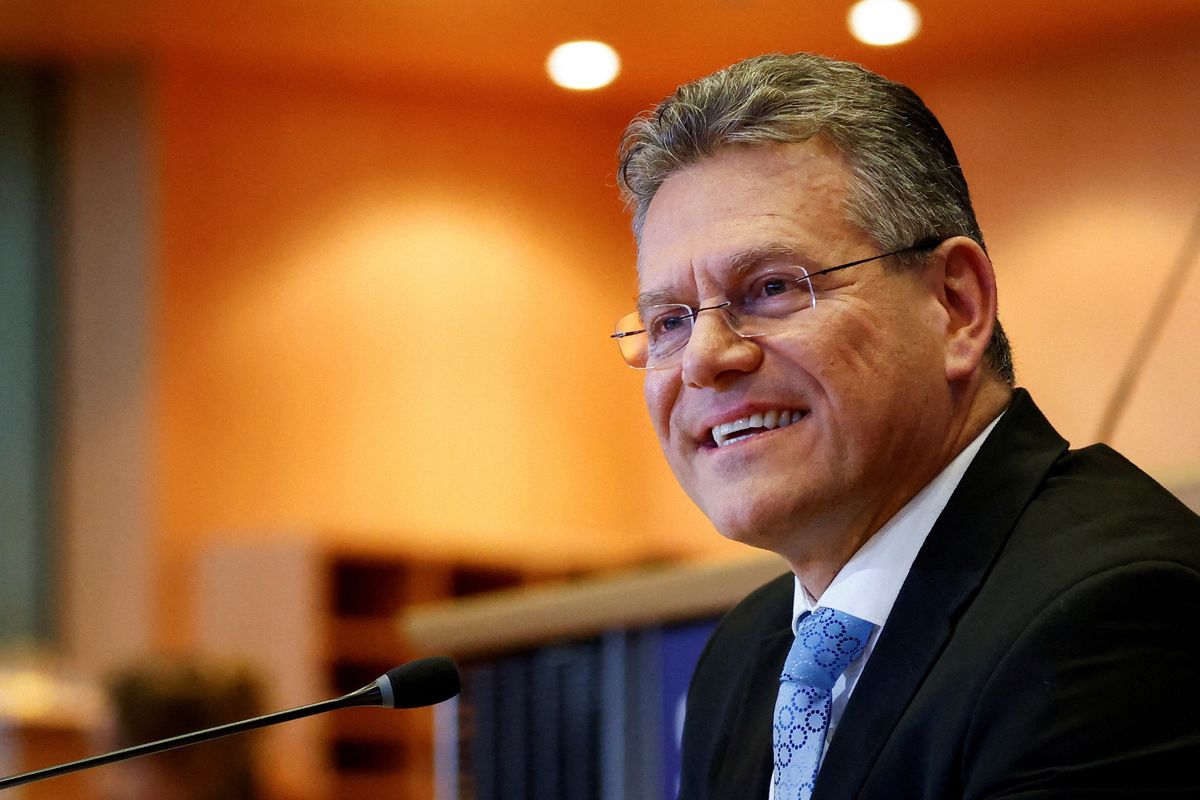Syria's rebels work to form government, restore order after Assad ouster
The rebel-led Salvation Government took over power from Assad's regime

Rebel fighters pose as they hold a Syrian opposition flag inside the Umayyad Mosque, after rebels seized the capital and ousted Syria's Bashar al-Assad, in Damascus, Syria December 9, 2024.
Reuters
Rebel alliance has not communicated plans for Syria's future
Israel seizes buffer zone in Syria's south, sparking condemnation from other countries
Oil prices rise on concerns of regional tensions
U.S. seeking ways to engage with Syrian rebel groups
The lightning overthrow of President Bashar al-Assad left Syrians, countries in the region and world powers nervous on Tuesday about what comes next as the rebel alliance took its first steps in a government transition.
The United Nations Security Council met behind closed doors late on Monday, and diplomats said they were still in shock at how quickly Assad's overthrow unfolded over 12 days, after a 13-year civil war that was locked in stalemate for years.
"Everyone was taken by surprise, everyone, including the members of the council. So we have to wait and see and watch ... and evaluate how the situation will develop," Russian U.N. Ambassador Vassily Nebenzia told reporters after the body met.
Russia played a major role in supporting Assad's government and helping it fight the rebels. The Syrian leader fled Damascus for Moscow on Sunday, ending more than 50 years of brutal rule by his family.
With the mood in Damascus still celebratory, Assad's prime minister, Mohammed Jalali, on Monday agreed to hand power to the rebel-led Salvation Government, an administration based in rebel-held territory in northwest Syria.
The main rebel commander Ahmed al-Sharaa, better known as Abu Mohammed al-Golani, met with Jalali and Vice President Faisal Mekdad to discuss the transitional government, a source familiar with the discussions told Reuters. Jalali said the handover could take days to carry out.
Al Jazeera television reported the transitional authority would be headed by Mohamed al-Bashir, who has headed the Salvation Government.
The steamroller advance of the militia alliance headed by Hayat Tahrir al-Sham (HTS), a former al-Qaeda affiliate, was a generational turning point for the Middle East.
The civil war that began in 2011 killed hundreds of thousands, caused one of the biggest refugee crises of modern times and left cities bombed to rubble, countryside depopulated and the economy hollowed out by global sanctions.
But the rebel alliance has not communicated plans for Syria's future, and there is no template for such a transition in the fractious region.
In an alarming development, Israel seized a buffer zone in the country's south, a move condemned by Egypt, Qatar and Saudi Arabia. Saudi Arabia said the move would "ruin Syria's chances of restoring security".
Regional security sources and officers within the now fallen Syrian army said heavy Israeli airstrikes continued against military installations and airbases across Syria overnight, destroying dozens of helicopters and jets, as well as Republican Guard assets in and around Damascus.
The rough tally of 200 raids had left nothing of the Syrian army's assets, they said.Israel said its airstrikes would carry on for days but told the U.N. Security Council that it was not intervening in Syria's conflict. It said it had taken "limited and temporary measures" solely to protect its security.
'Freedom, equality, rule of law'
Oil prices rose more than 1% on Monday, partly on concerns that instability in Syria, which is not a major oil producer, could raise regional tensions, analysts said.
"This is an incredible moment for the Syrian people," Deputy U.S. Ambassador to the U.N. Robert Wood said in New York. "Now we're really focused right now on trying to see where the situation goes. Can there be a governing authority in Syria that respects the rights and dignities of the Syrian population?
"The U.S. was seeking ways to engage with Syrian rebel groups and is reaching out to partners in the region such as Turkey to start informal diplomacy, Washington said.
Qatari diplomats spoke with HTS on Monday, an official briefed on the developments told Reuters, as regional states race to open contact with the group.
There were tentative signs of a return to order. Syria's banks will reopen on Tuesday, and the oil ministry called on all employees in the sector to head to work on Tuesday, adding that protection would be provided to ensure their safety.
Reuters reporters saw four mini-buses arriving at the Central Bank of Syria, with employees disembarking and walking into the building for their first day of work since Assad’s fall.
“It’s a new shift, it’s a new day, a new year, a new life,” said Sumayra al-Mukli.
Golani has vowed to rebuild Syria, and HTS has spent years trying to soften its image to reassure foreign nations and minority groups within Syria.
But fears of reprisals remained. HTS said it will not hesitate to hold security and army officers involved in torturing the Syrian people accountable, describing them as criminals and murderers.
"We will release a list that includes the names of the most senior officials involved in the torturing of the Syrian people," Golani said in a statement. "Rewards will be offered to those who will provide information about senior army and security officers involved in war crimes."
HTS is designated as a terrorist organisation by many states and the U.N., and its governing credentials are uncertain.
"Syrians are looking forward to establishing a state of freedom, equality, rule of law, democracy, and we will join efforts to rebuild our country, to rebuild what was destroyed, and to rebuild the future, better future of Syria," Syria's U.N. Ambassador Koussay Aldahhak told reporters.
Popular
Spotlight
More from World
EU seeks early US talks to avert Trump tariffs
Trump has said EU is next in line after Canada, Mexico, China; Von der Leyen sees tough negotiations, will protect EU interests













Comments
See what people are discussing